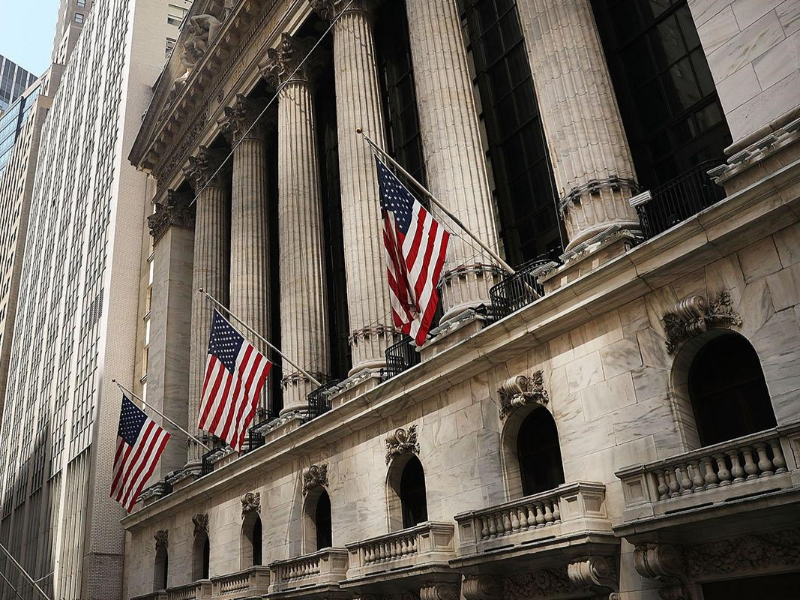- Wall Street experienced a notable decline on Tuesday as major indices endured their sharpest single-day drops since early August.
- The S&P 500 fell over 2%, and the tech-heavy Nasdaq Composite dropped more than 3%, with chip stocks heavily impacted, including a near 10% decline in AI leader Nvidia.
OUR TAKE
Given these circumstances, it is imperative for investors and analysts to keep a close eye on forthcoming economic indicators and corporate earnings reports. These insights will be crucial in determining whether this downturn represents merely a temporary correction or marks the onset of a prolonged period of market weakness. As we navigate the uncertain waters of September, it remains clear that the coming weeks could bring continued volatility, making it essential to remain vigilant and prepared for further market shifts.
–Vicky Wu, BTW reporter
What happened
Wall Street witnessed a significant downturn on Tuesday as major indices suffered their steepest single-day declines since early August. The S&P 500 tumbled more than 2%, while the tech-heavy Nasdaq Composite plummeted over 3%.
The decline was driven by a weakening of investor confidence in artificial intelligence and unfavourable economic data. Among the hardest hit were chip stocks, with AI leader Nvidia experiencing a near 10% nosedive, contributing to an 8% slump in the PHLX chip index.
This sell-off has heightened concerns among traders, especially as September is historically a challenging month for equity markets. According to Dow Jones Market Data, since 1928, the S&P 500 has averaged a monthly decline of 1.2%, with positive returns seen only 44.3% of the time during this month.
Carol Schleif, chief investment officer of BMO family office said, “Sept / Oct are notoriously volatile months for markets, particularly in presidential election years. This year in particular, investors seem anecdotally even more concerned given the big swings in polls and rapidly see-sawing potential outcomes.”
Also read: Nvidia shares drop 9.5%, leading record market value loss as AI optimism dims
Also read: Starlink backtracks, complies with order blocking X in Brazil, says regulator
Why it’s important
The significance of Tuesday’s market performance lies not only in the immediate impact on investor portfolios but also in the broader implications for the financial outlook. The downturn signals a shift in sentiment regarding AI’s potential to boost markets, indicating growing caution. Andrew Graham, founder and managing partner of Jackson Square Capital stated, “Nvidia didn’t rally post earnings, so when people came back from holidays, it seems they decided to sell it. That sounds like a weird reason to me, but that is part of the story. Also, Nvidia has been trading sideways for most of the last quarter, which hasn’t helped sentiment although it has created technical support at around $95 a share. The other factor here is that all tech revolutions go through periods of disillusionment, and maybe we’re in the early stages of that with AI.”
Moreover, the timing of the fall coincides with the onset of September, a month notorious for poor stock market performance. Historical data from Dow Jones Market Data reveals that the Dow Jones Industrial Average and the Nasdaq Composite typically fare poorly in September, with average monthly drops of 1.1% and 0.9% respectively. This seasonal trend adds to current concerns, suggesting ongoing volatility and potential further stock declines.
Investors and analysts will closely watch economic indicators and corporate earnings to determine if this is a temporary correction or the start of prolonged market weakness.

